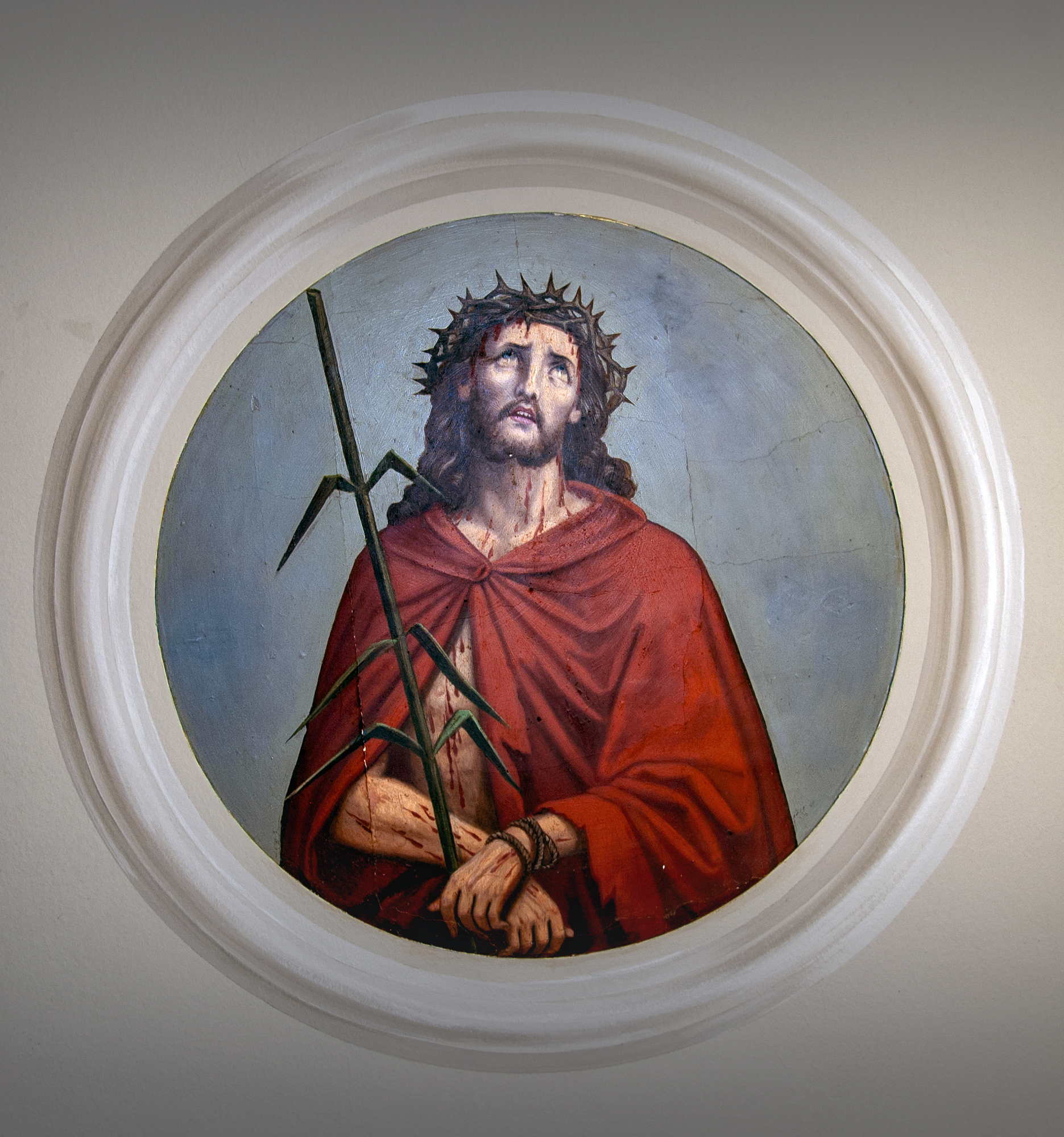FOURTH SUNDAY IN THE EASTER SEASON, April 21, 2024
The Church season of Easter is made up of six Sundays, beginning with Easter Sunday and ending on the sixth Sunday on May 6th. The central teaching from the scripture readings last weekend gave us an account of life in the early church – a closely knit community, gathering often to pray, and sharing their property and money with one another. New members joined the group of people who believed in Jesus and were attracted to the teaching of the disciples.
The readings on this Sunday teach us about the life and work of Jesus. The image that is used to describe him is that of a shepherd. As a genuine and caring shepherd, he knew his flock, not only caring for them but seeking out any one of them who strayed or was in danger. They recognized his voice, they trusted him and would follow him, he would protect them from danger, and if one strayed or got lost he would find them.
In the gospel (John 10: 11-18) Jesus describes himself as the good shepherd, caring for his flock and if one is lost or in danger, he would seek them and bring them back to safety. A person who was a minder of sheep in the time of Jesus, most likely spent his days and nights taking care of the sheep. He would lead them to grassland and water, he would watch out for the young ones, and then he would fence them in at night, so that they not be attacked by dogs or wild animals.
I like to think that there are the people in our lives who are like good shepherds. Think about parents (moms and dads) as good shepherds. They love their children, they want only the best for them, if the child is sick or afraid, parents attend to them, if they are struggling in school or college, they encourage and help them, if the child wants to play on a team they coach them. Parents buy the kind of shoes or caps or food the child needs and celebrates events like birthdays, and first communions, and graduations and confirmations.
I had the opportunity of doing First Confession for a class of students in a school on Friday. It was for a school and parish in another diocese. I had not done any of the preparation for the first confession for the children but their young teacher had done so. She had trained them very well, taught them what to say, and helped them not to be afraid. The priest in that parish had to be admitted to hospital that morning. And he had asked me to help the students in his place. I think that young teacher and the priest were good shepherds for the class. Many teachers and priests I know are good shepherds.
I hope that you and I have many people who were/are good shepherds for us – grandparents, uncles and aunts, grand-uncles and grand-aunts, neighbors who watched out for our safety or repaired our bicycle, or gave us a drive to training or took us fishing/hunting.
Jesus’ role as a good shepherd is done by many people. You can probably think of one or more who have been good shepherds for you. They may have been a gentle nurse in your doctor’s clinic; a kind and understanding attendant at the store; a friendly police officer who talked to you; a teacher who listened when you asked for help; or a coach who took time to help you learn a new skill.
Have you been a good shepherd to other people? When was it that you were a good shepherd, how were you a good shepherd, and to whom were you a good shepherd?
Submitted by Father David O’Connor, at present living with family and friends in Limerick, Ireland. Email: doconnor.natchez@gmail.com.
Father David O'Connor 10 Morgantown Road Natchez, MS 39120-2788 601-442-7250
